Narcan: the life-saving nasal spray that reverses opioid overdoses
The spray version of naloxone can now be purchased without a prescription in the US
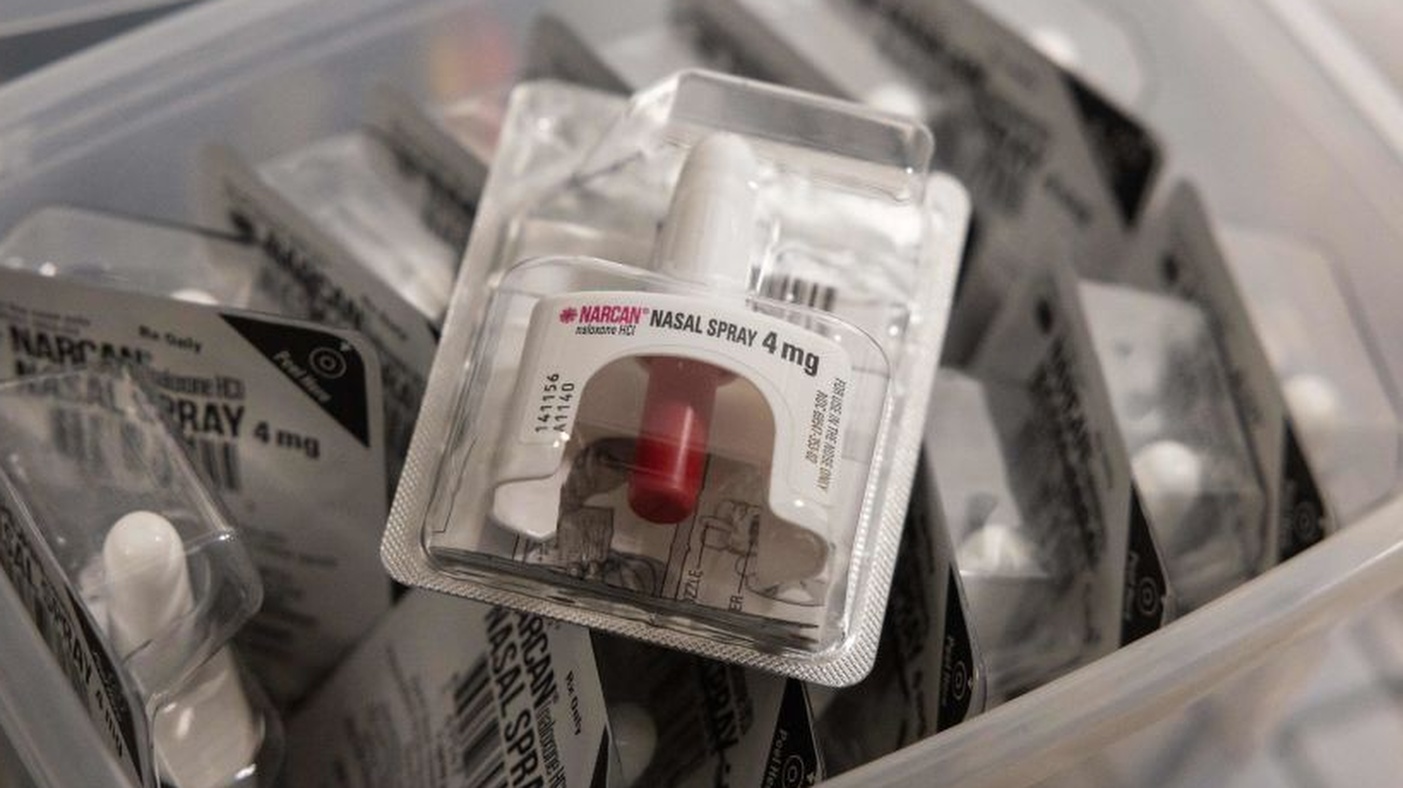
A free daily email with the biggest news stories of the day – and the best features from TheWeek.com
You are now subscribed
Your newsletter sign-up was successful
A nasal spray that reverses opioid overdoses is set to become the first opioid treatment drug to be sold over the counter in the US.
The US Food and Drug Administration (FDA) this week approved the selling of Narcan without a prescription, “a move that some advocates have long sought as a way to improve access to a life-saving drug”, said Associated Press.
The federal approval “clears the way for Narcan to be made available in places without pharmacies”, the news agency added, such as supermarkets, petrol stations and online retailers.
The Week
Escape your echo chamber. Get the facts behind the news, plus analysis from multiple perspectives.

Sign up for The Week's Free Newsletters
From our morning news briefing to a weekly Good News Newsletter, get the best of The Week delivered directly to your inbox.
From our morning news briefing to a weekly Good News Newsletter, get the best of The Week delivered directly to your inbox.
How does Narcan work?
Narcan is a brand of naloxone, which can reverse overdoses of opioids “including street drugs such as heroin and fentanyl and prescription versions including oxycodone”, said AP.
Made by Maryland-based company Emergent BioSolution, Narcan “has been available at pharmacies since it gained FDA approval in 2015, but only with a prescription”, said the BBC. The spray and other forms of naloxone reverse overdoses by “blocking the effect that opioids have on the nervous system”, and can restore normal breathing “in two to three minutes”.
Naloxone “must be administered as soon as an overdose is suspected”, the news site added, and more than one dose is often required “in cases involving more powerful opioids like fentanyl”.
According to the US Centers for Disease Control and Prevention, naloxone “won’t harm someone if they’re overdosing on drugs other than opioids, so it’s always best to use it if you think someone is overdosing”.
A free daily email with the biggest news stories of the day – and the best features from TheWeek.com
Why has FDA approved over-the-counter sales?
Widening the availability of Narcan is the latest effort to tackle the “alarmingly” high drug fatality rate in the US, said the BBC.
Announcing the decision, FDA commissioner Robert Cliff said the watchdog was addressing “a dire public health need” to “help improve access to naloxone, increase the number of locations where it's available, and help reduce opioid overdose deaths throughout the country”.
More than 1m Americans have died of drug overdoses in the 21st century. According to official data, 101,750 fatal overdoses were reported in the 12 months to October 2022.
And research has found that “bystanders were present in more than one in three overdoses involving opioids”, the US Centers for Disease Control and Prevention reported.
“If they had been carrying naloxone and knew how to use it,” said The New York Times, “lives could have been saved.”
“There is no downside to carrying Narcan,” added the paper. Just “think of it much like an EpiPen for allergies, or an asthma inhaler”.
Will the change improve access?
Before the FDA’s approval, pharmacies across the US were permitted to sell naloxone without a prescription.
“But not every pharmacy carries it,” said AP. And the cost of two doses of Narcan can be “around $50”, which buyers may pay in full or with an insurance co-pay. Community organisations also distribute naloxone, but “it’s not easily accessible to everyone who needs it”.
“It remains to be seen how many stores will carry it and what the prices will be,” the news agency added.
But “putting it out on the shelves is going to allow people just to pick it up, not have stigma attached to it”, said Jose Benitez of Prevention Point Philadelphia, an organisation that hands out free naloxone.
Benitez told AP some people were concerned about getting naloxone at pharmacies because their insurers would know. Making naloxone more widely available could also help people who don’t seek support services, or who live in places where such services are not available, he said.
Narcan maker Emergent BioSolutions said the nasal spray would become available over the counter by late summer.
-
 Political cartoons for February 17
Political cartoons for February 17Cartoons Tuesday’s political cartoons include a refreshing spritz of Pam, winter events, and more
-
 Alexei Navalny and Russia’s history of poisonings
Alexei Navalny and Russia’s history of poisoningsThe Explainer ‘Precise’ and ‘deniable’, the Kremlin’s use of poison to silence critics has become a ’geopolitical signature flourish’
-
 Are Hollywood ‘showmances’ losing their shine?
Are Hollywood ‘showmances’ losing their shine?In The Spotlight Teasing real-life romance between movie leads is an old Tinseltown publicity trick but modern audiences may have had enough
-
 A fentanyl vaccine may be on the horizon
A fentanyl vaccine may be on the horizonUnder the radar Taking a serious jab at the opioid epidemic
-
 Nitazene is quietly increasing opioid deaths
Nitazene is quietly increasing opioid deathsThe explainer The drug is usually consumed accidentally
-
 Can TrumpRx really lower drug prices?
Can TrumpRx really lower drug prices?Today’s Big Question Pfizer’s deal with Trump sent drugmaker stocks higher
-
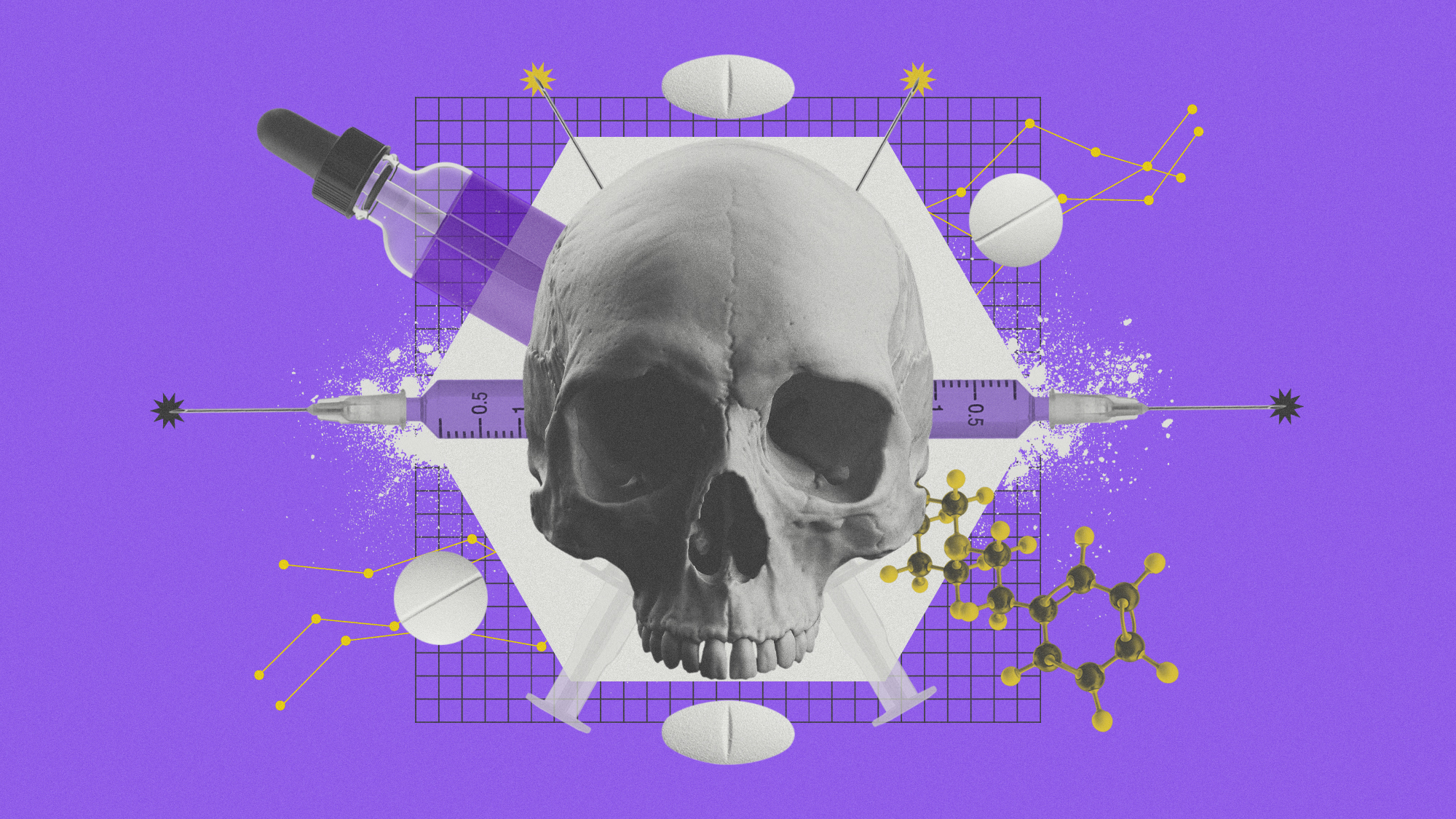 The UK’s opioid crisis: why the stats don’t add up
The UK’s opioid crisis: why the stats don’t add upThe Explainer A new report has revealed that the UK’s total of opioid-related deaths could be much greater than official figures show
-
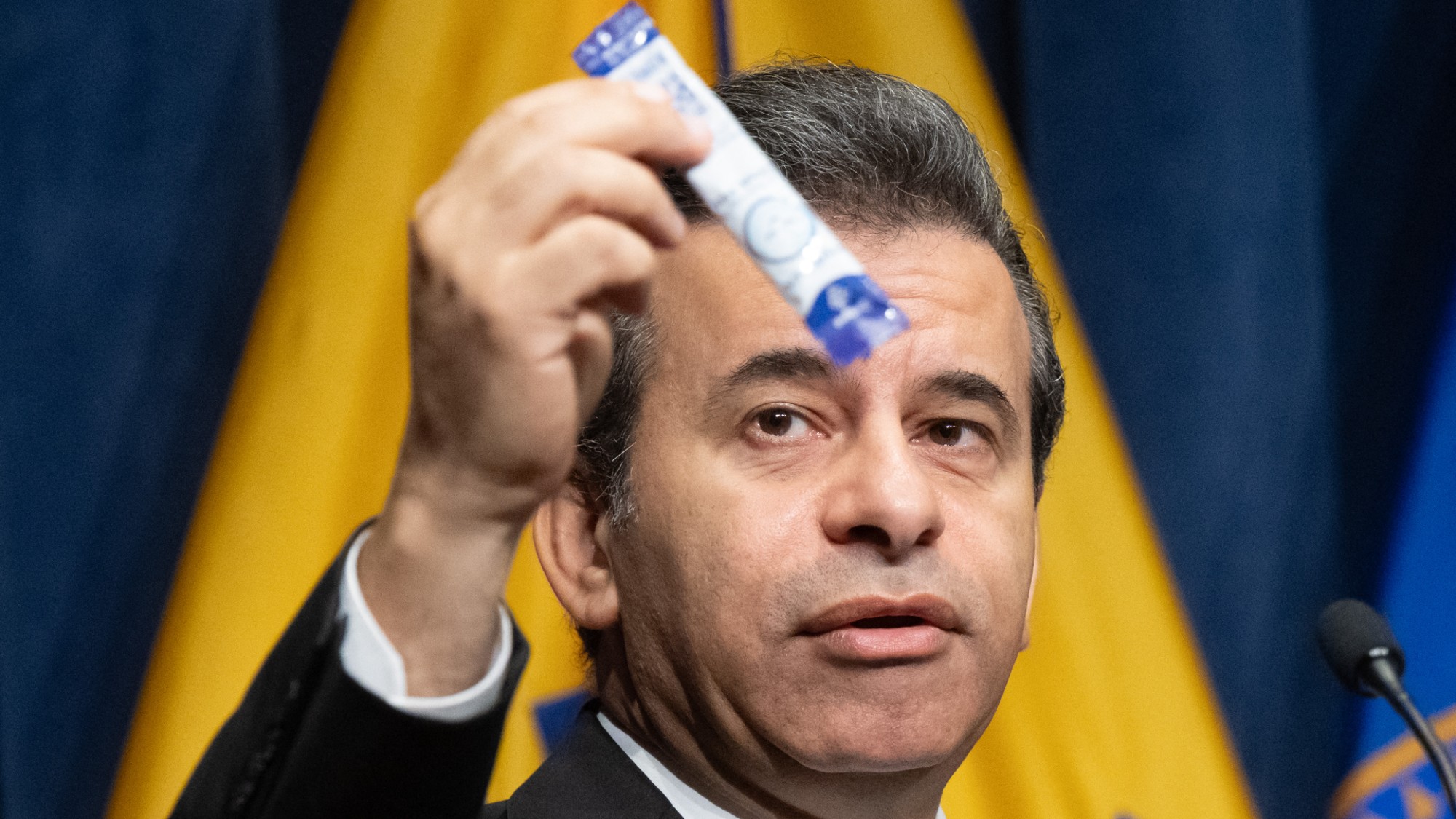 Why the FDA wants to restrict kratom-related products
Why the FDA wants to restrict kratom-related productsIn the Spotlight The compound is currently sold across the United States
-
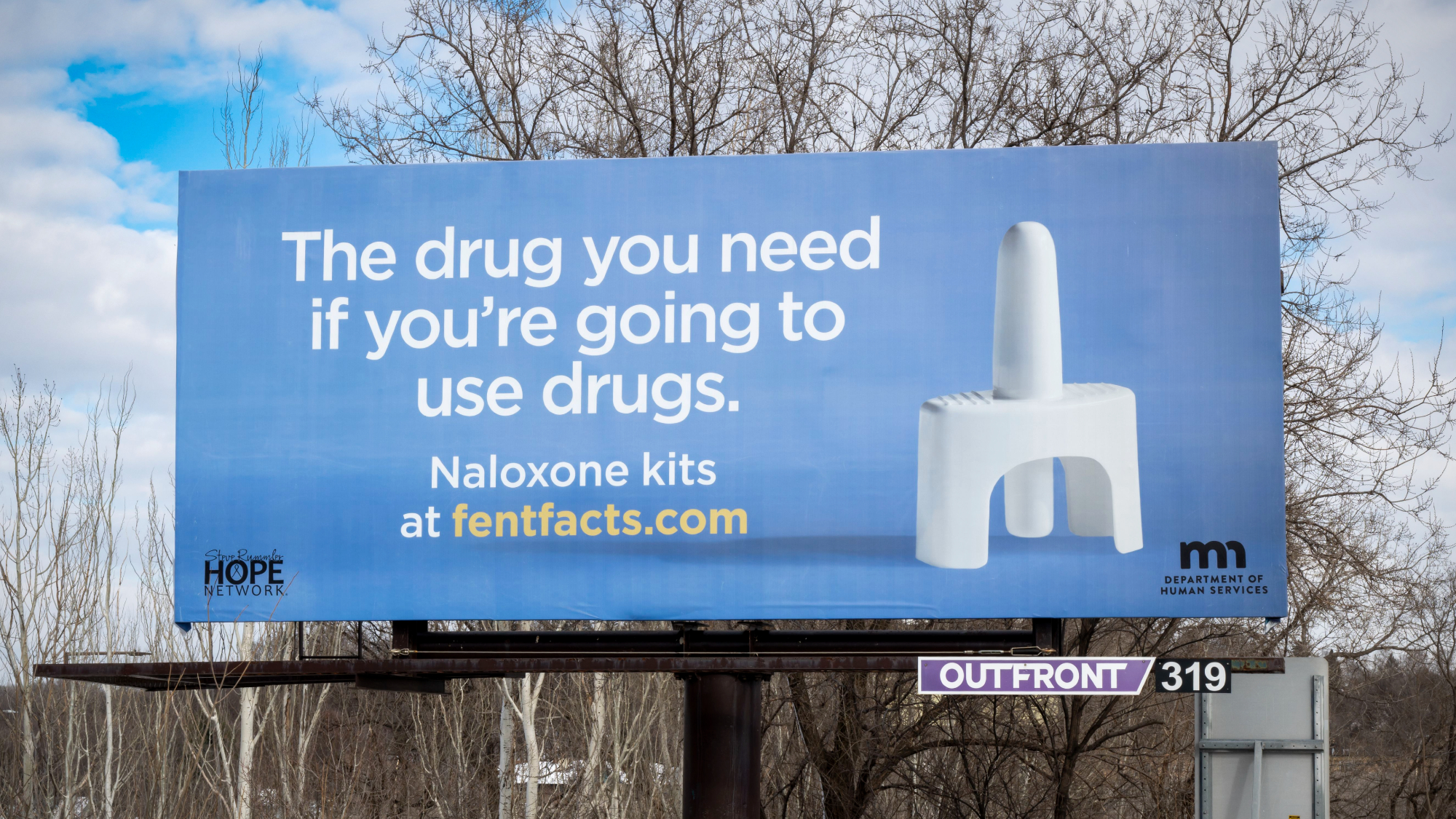 US overdose deaths plunged 27% last year
US overdose deaths plunged 27% last yearspeed read Drug overdose still 'remains the leading cause of death for Americans aged 18-44,' said the CDC
-
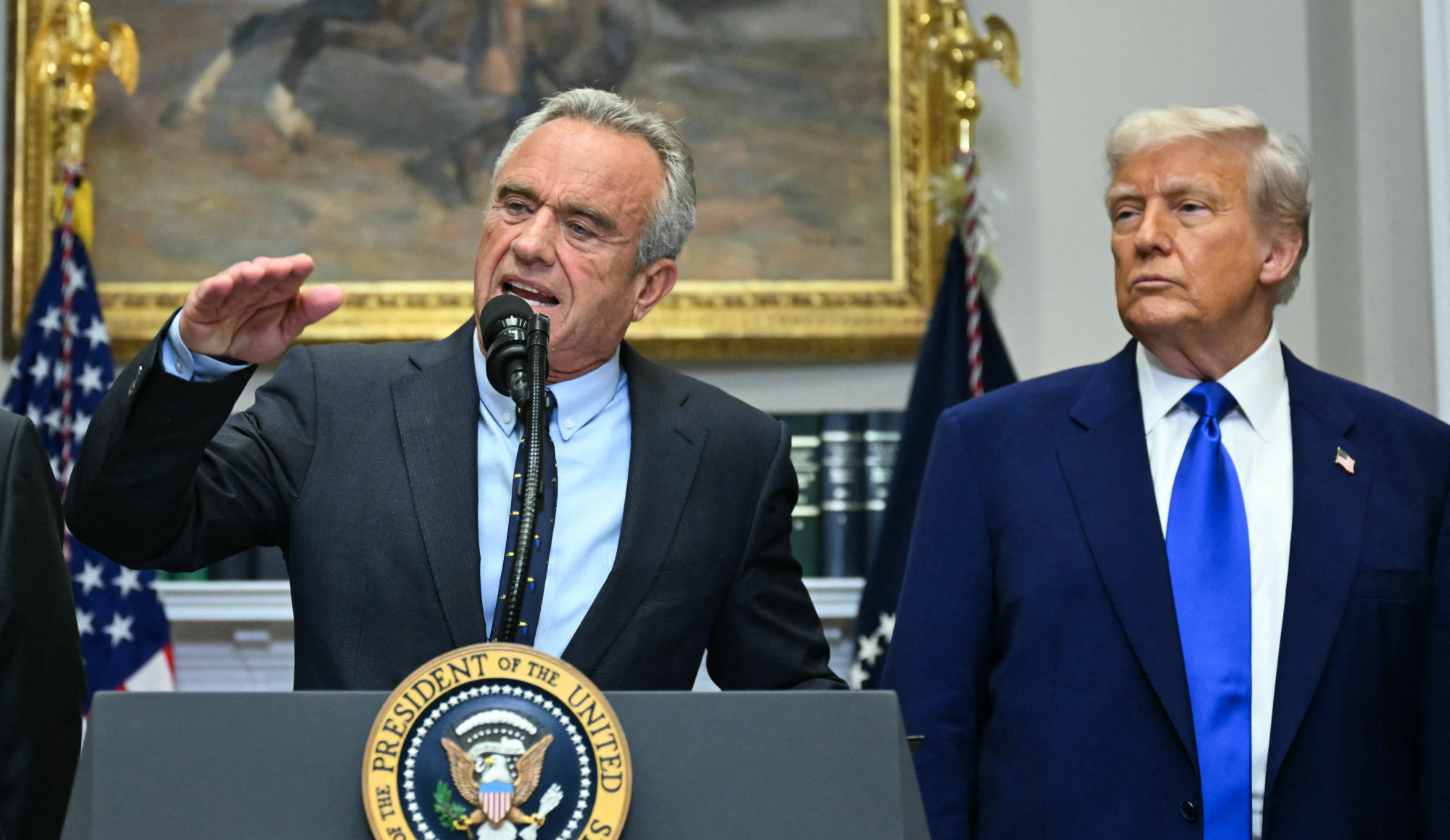 Trump seeks to cut drug prices via executive order
Trump seeks to cut drug prices via executive orderspeed read The president's order tells pharmaceutical companies to lower prescription drug prices, but it will likely be thrown out by the courts
-
 FDA approves painkiller said to thwart addiction
FDA approves painkiller said to thwart addictionSpeed Read Suzetrigine, being sold as Journavx, is the first new pharmaceutical pain treatment approved by the FDA in 20 years